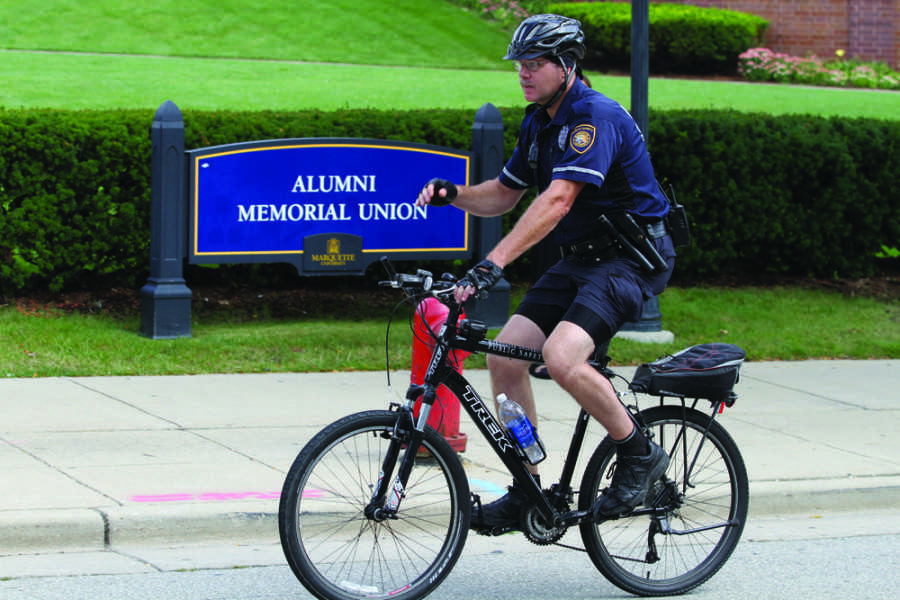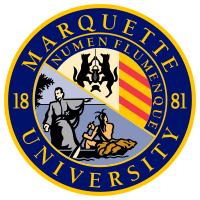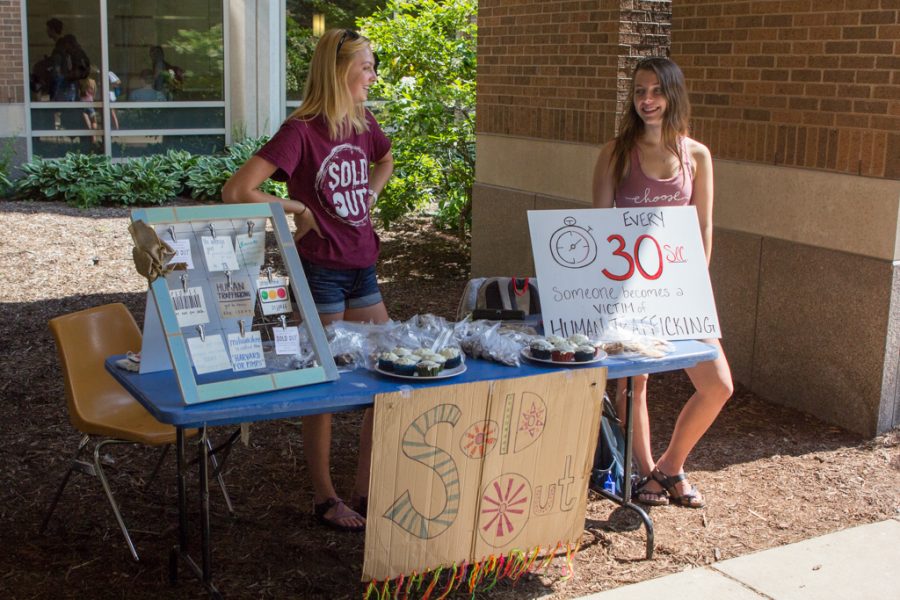In the Jesuit tradition of self-reflection and in examining the past semester and our evolution as an editorial board, we have decided to outline several goals for which we will advocate over the coming months.
The purpose of this “editorial mission” is to allow the Marquette community and the rest of our readers to understand our perspective on critical issues and to establish these issues as themes that we will continue to revisit this year in order to promote discussion and change in our community.
1. Changes made this year to Marquette’s alcohol policy. The implementation of ambiguous fines to all students, even those of legal drinking age, needs further explanation. Clarity has hardly been established since our editorial on this topic in August. It is still unknown specifically where the money from the fines is going. We recognize the benefits of the university’s emphasis on safety and responsible drinking, and we encourage our fellow students to make smart decisions regarding alcohol based on self-respect and respect for each other. However, the money collected through the fines is students’ money, which is not generally held in surplus. Anything short of total transparency and honesty on the matter of where this money goes makes the discussion on the topic incomplete.
2. The cohesion of Marquette’s study abroad process. While many students cite communication problems with the Office of International Education, such as lack of knowledge about the programs offered and failure to respond to students’ calls and emails, Marquette’s process of going abroad as a whole deserves criticism. Studying abroad will nearly always provide an invaluable experience in which a student can learn in so many different ways than he or she can in Milwaukee, but the departments involved need to be willing to work together and with the students to make the process easier and more accommodating. Students should not have to jump through hoops or risk falling behind in a major or minor (especially when this major or minor is directly related to the country and language where the student is going) to have the opportunity to go abroad.
3. The state of our journalism curriculum. As stated in a November editorial, we are concerned that as the form of journalism evolves, the College of Communication is moving forward with an overemphasis on self-promotion and social media as writing and reporting skills take a back seat. The curriculum recognizes the importance of its students being able to produce photo and video content but fails to deliver on adequate training in these areas. Exposure is irrelevant if the work being promoted is subpar.
Throughout the semester, we will seek to examine in greater depth the changes made to the journalism curriculum in recent years, compare them to other universities’ programs and call for more discussion to make improvements where they are needed.
We appreciate the effort of the journalism faculty to reach out to us after our previous editorial on the topic and work together to address these concerns. We look forward to continuing to share our experiences as students and editors of the student newspaper with these professors and their dean.
4. Encouraging students to participate in the Milwaukee community as citizens. Marquette is conveniently located in the 28th largest U.S. city, and there are clearly plenty of city resources that students can use, but there are also a lot of local issues students should be tracking as they take advantage of everything Milwaukee has to offer.
Somewhere between the city’s impoverishment (the poverty rate has been close to 30 percent and in the top 10 among U.S. cities), unemployment, infant mortality rate, crime numbers, foreclosures and inconsistent business relationships, we hope to take a look at possible trends in the city’s problems, holding city government officials accountable, and above all simply show care for the state of the city. For students, Milwaukee is not only home to their college days but is also a place where they have a good chance to become connected and find job opportunities after college. They should therefore monitor the direction in which the city is headed.
5. The importance of student input throughout administrative decision-making. The forums and other conversations the university has been willing to have with students in the past are much appreciated, but they could still go a step further. We can hammer out several editorials calling out the administration for not putting student needs first and not enhancing educational experiences, but nothing will change if the university is not actually listening and thinking critically about what the student body suggests. The university needs to realize that though students are on this campus for a limited time, they, and their opinions, are not dispensable because of that temporality. Problems persist year after year, and student input is too often dismissed when it could really be making a difference.
The time between the anxious first day of a student’s freshman year and her graduation day remains with her for life. While this time will gradually fade to a memory, whether or not it was a positive one will manifest itself in potential future donations to the university and recommendations to prospective students down the road. Valuing student input now can only benefit all parties involved in both the present and future.
Student input is of course a large part of how we came to formulate these goals. As the semester progresses, we will often be using this editorial space to strive for advancement in these five areas. We remind our readers that we want to serve as a forum for discussion, and we welcome submissions to further these conversations. We sincerely hope students and faculty alike take these concerns seriously and use them to open new discussions and generate new ideas for the betterment of the Marquette community.





